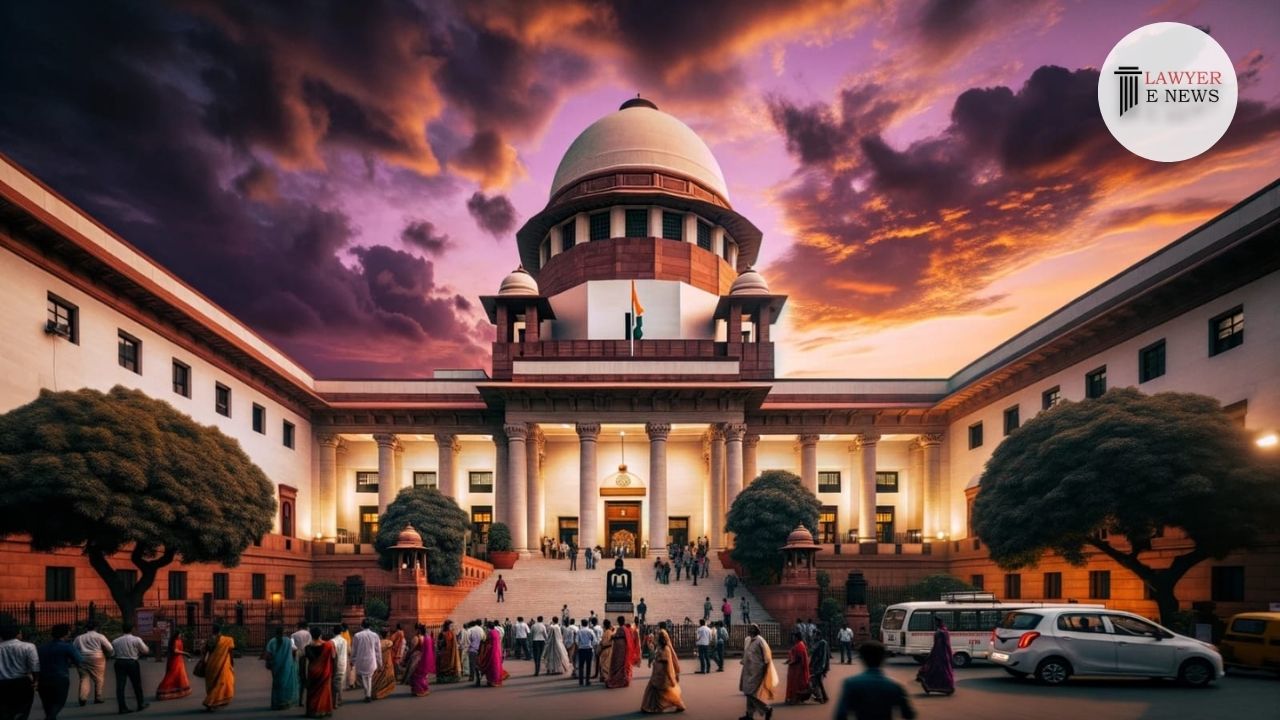-
by Admin
18 February 2026 3:03 AM



In a landmark judgment, the Supreme Court of India has ruled that the interest earned on bank deposits made by various clubs, including Secunderabad Club, Madras Gymkhana Club, and others, is liable to be taxed. The Court rejected the application of the principle of mutuality, holding that the surplus funds were not used in furtherance of the object of the club.
The appeals arose from the High Courts of Andhra Pradesh at Hyderabad and the Madras High Court, where the central question of law was whether the deposit of surplus funds by the appellant Clubs in various banks is liable to be taxed. The clubs contended that the principle of mutuality should apply, and the interest earned from the deposits should not be subject to tax under the Income Tax Act, 1961.
In its observation, the Supreme Court noted that "there must be a complete identity between the class of participators and class of contributors, and the actions of the participators and contributors must be in furtherance of the mandate of the association" [Para 10]. The Court further analyzed the arrangement between the banks and the Club and the use of surplus funds in fixed deposits with banks.
The judgment concluded that the first condition for a claim of mutuality is not satisfied in the present case. The Court stated, "the surplus funds were not used in furtherance of the object of the club, thus not satisfying the second condition" [Paras 29-30].
The decision has significant implications for clubs and similar associations across the country, as it clarifies the tax liability on interest earned from surplus funds deposited in banks. The judgment reaffirms the principles laid down in previous cases, including Bangalore Club vs. Commissioner of Income Tax, and sets a precedent for future cases involving the principle of mutuality.
The Supreme Court's ruling has settled the legal debate on this issue, providing clear guidance to clubs and tax authorities alike. The judgment emphasizes the importance of the purpose and use of surplus funds in determining tax liability, shedding light on the nuanced application of the principle of mutuality in the context of clubs.
Date of Decision: August 17, 2023
SECUNDRABAD CLUB ETC. vs C.I.T.-V ETC.
